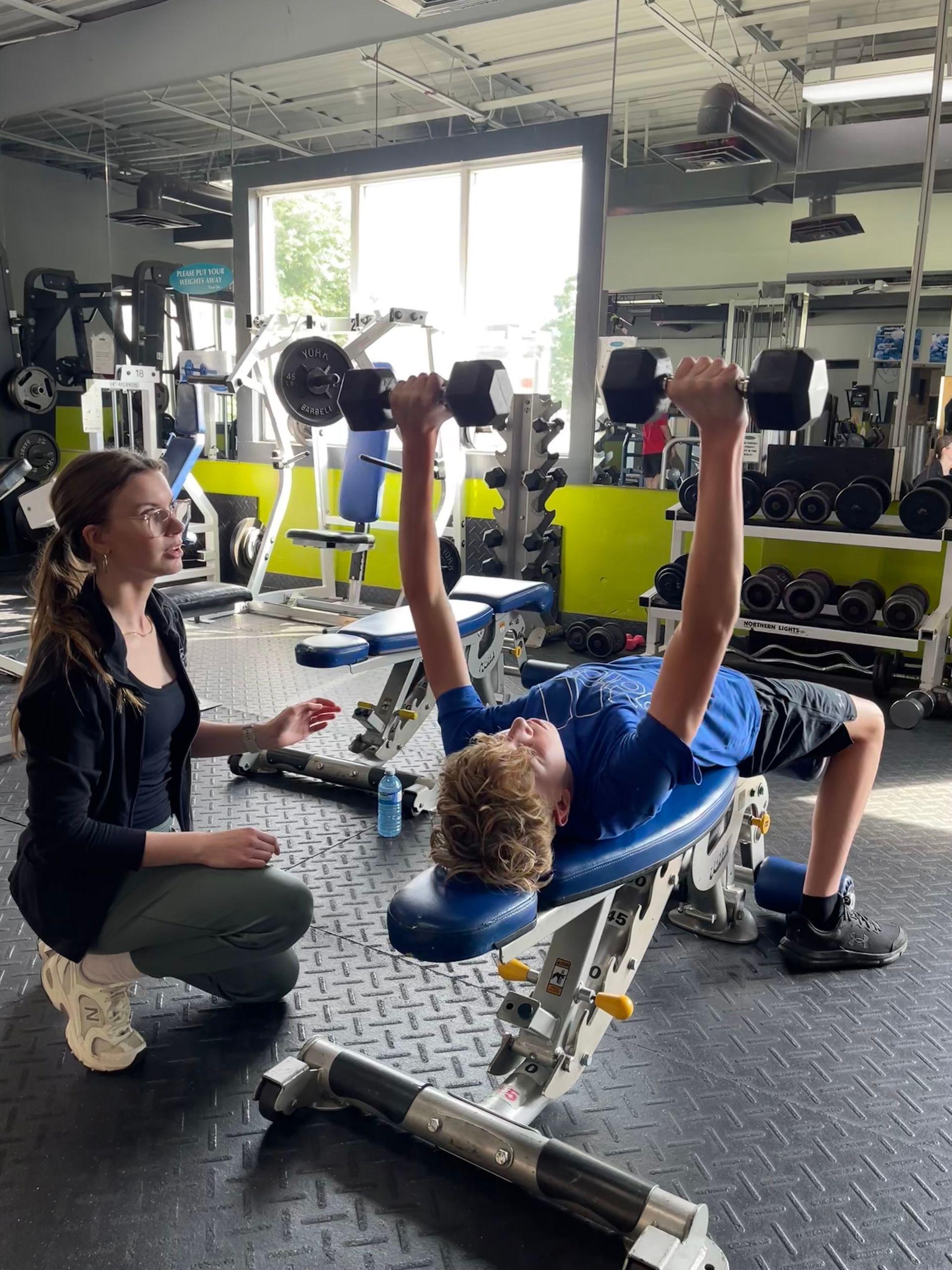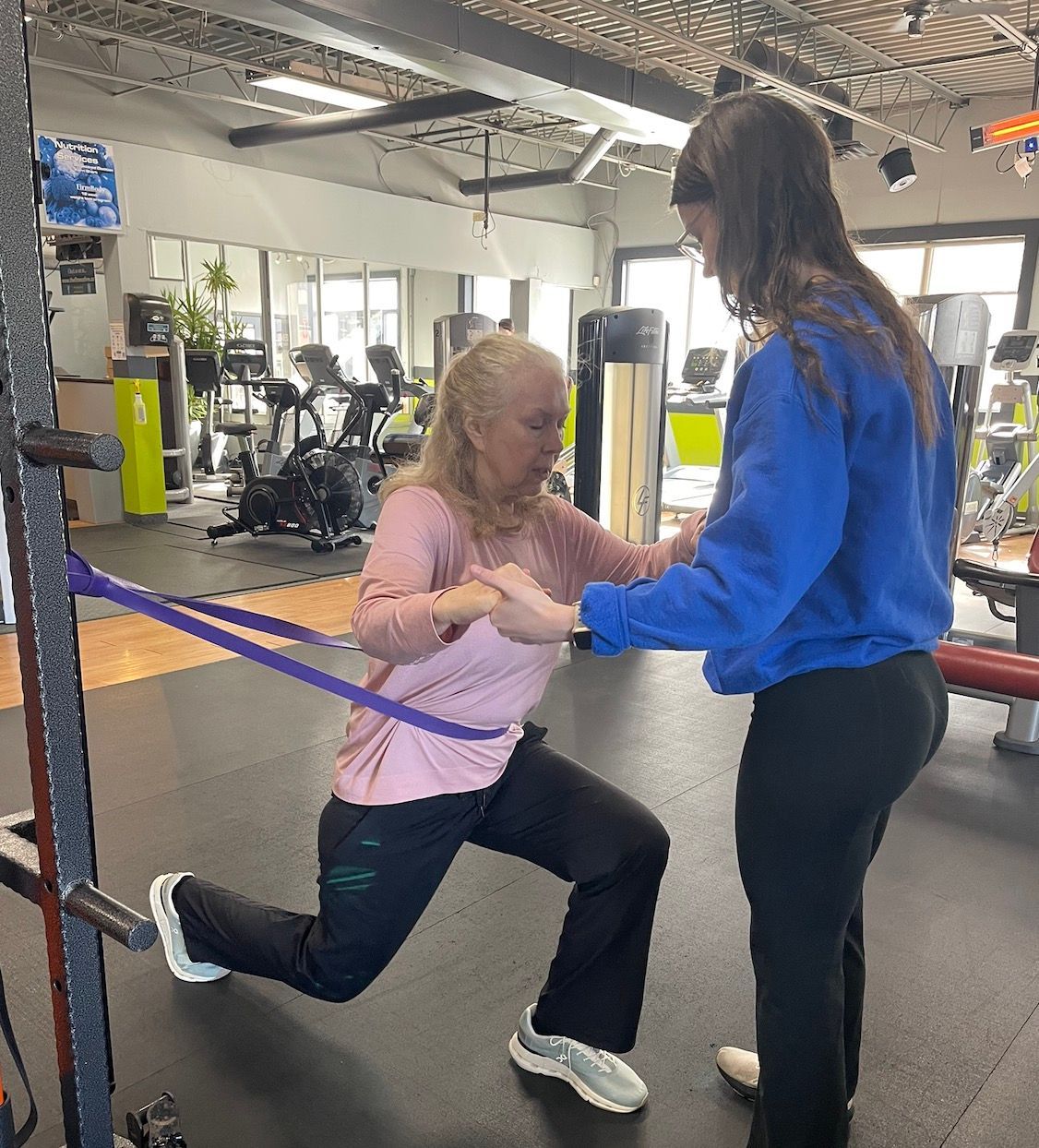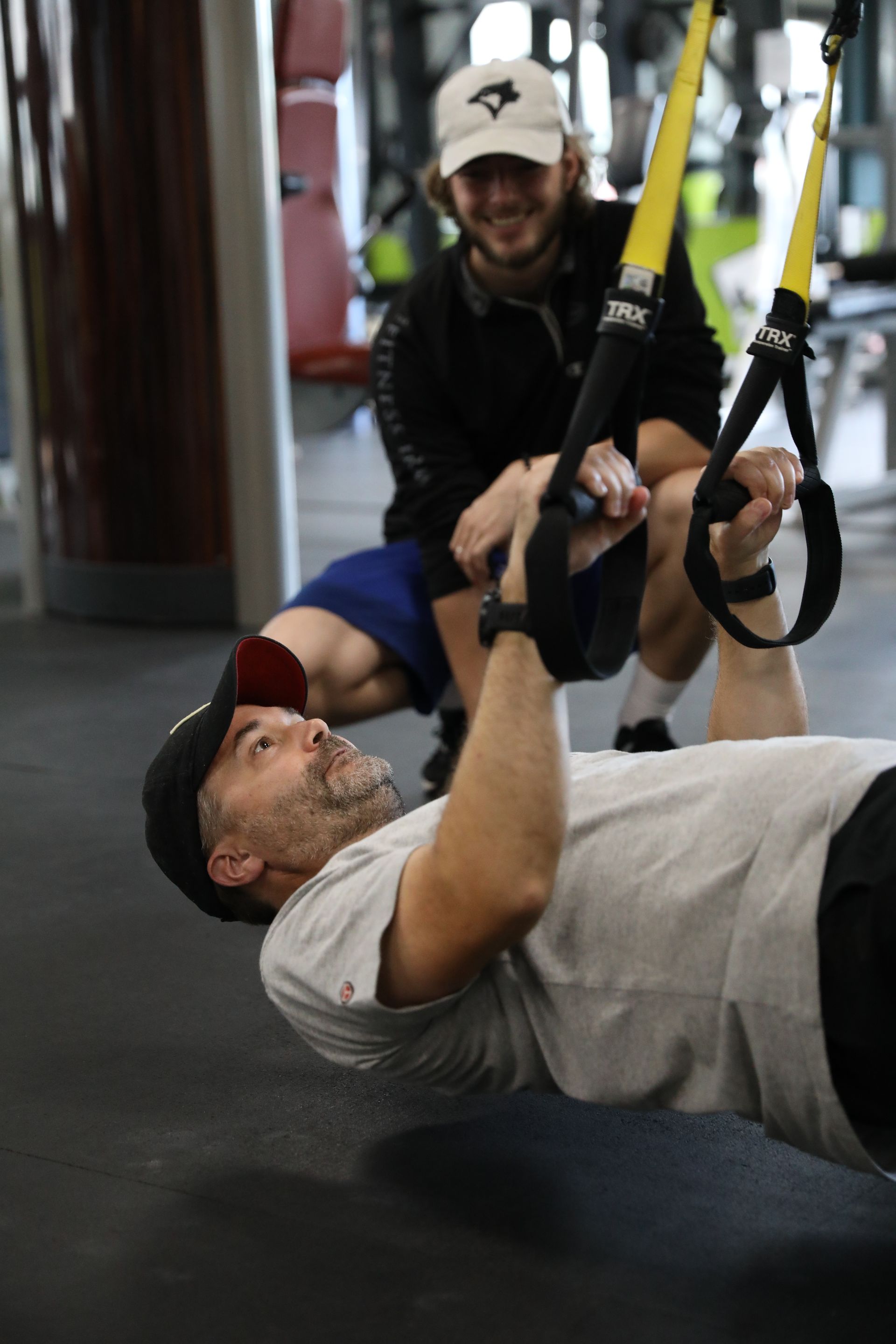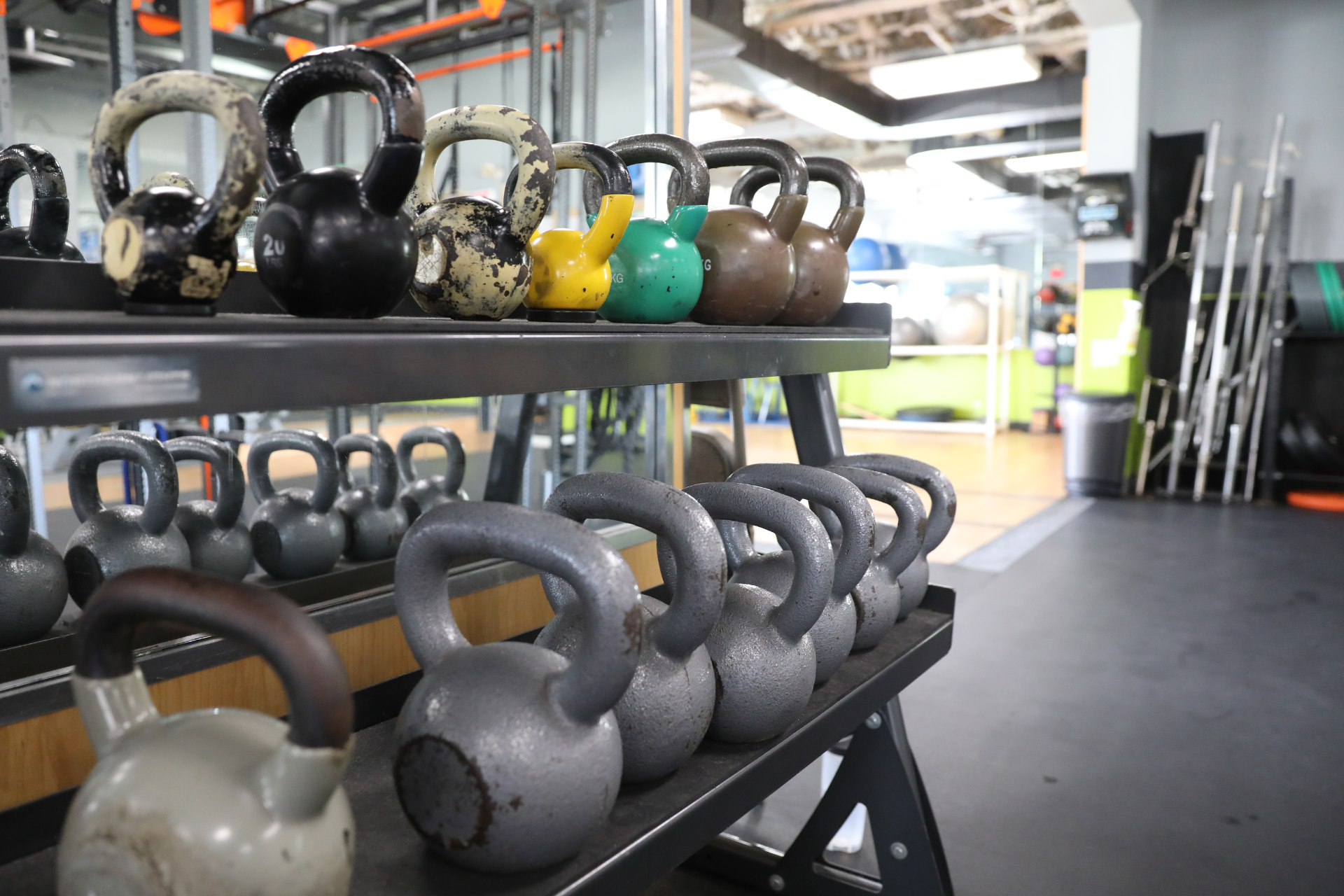We learned a few weeks ago, in a previous post, that exercise is crucial as we age because it reduces your risk of heart disease and also keeps you healthy and strong. But, the glorious benefits of exercise certainly don’t stop there… Exercise also has amazing benefits for improving your immune system! There are many biological processes that occur as we age, including, unfortunately, weakening your immune system. However, in the long-haul, exercise slows down these natural changes that are responsible for a weakened immune system and the increased risk of disease and infection into our later years.
Exercise releases a number of molecules that all come together to help the immune system deal with harmful pathogens that enter our body. Over time, the chronic increases in those immune-helping molecules create enhanced immunosurveillance; the body is better able to detect inappropriate immune responses or foreign, potentially harmful molecules. So, when a harmful bacteria or virus does get into your body, your immune system is better prepared to deal with them in a more timely fashion. In addition, although exercise causes acute inflammation to repair damaged musculature (what makes us big and strong), these molecules lower systemic inflammation, which is of particular importance to preventing and managing obesity and other chronic inflammatory diseases, such as Type 2 Diabetes, heart disease, and atherosclerosis, and their associated damage.
Here are some of the molecules that exercise upregulates, which helps with bulletproofing your immune system:
- Immunoglobulins, which are antibodies that recognize and bind to antigens such as bacteria or viruses, when they enter the body.
- Anti-inflammatory cytokines reduce inflammation, which, chronically, can induce extensive damage to the body.
- Neutrophils, which are white blood cells; the cells that signal a release and produce antigens to fight off foreign molecules.
- CD8 T lymphocytes, which are highly cytotoxic, meaning that they target and kill damaged or infected cells.
- NK (natural killer) cells; a type of lymphocyte that has the same cytotoxic effects as CD8 cells.
- Cytotoxic T cells kill cancerous cells, cells that are infected, and cells that are otherwise damaged.
- Immature B cells, which, when mature, are responsible for making and secreting all the antibodies released to fight off foreign substances.
In addition, moderate exercise also induces short elevations in a molecule called interleukin-6
(IL-6), along with other similar interleukins, that exudes anti-inflammatory effects and improves glucose and fat metabolism. Thus, exercise directly helps prevent diseases such as Diabetes and heart disease. Exercise training also downregulated a molecule called Toll-like Receptor 4, which is heavily involved in obesity-induced insulin resistance, Type 2 Diabetes, and atherosclerosis (clogging of the arteries).
As you can tell, by reading the many amazing benefits of these molecules, that exercise plays an absolutely integral role in immune defense and metabolic activity. The Canadian Society for Exercise Physiology recommends that adults get at least 150 minutes
of moderate-to-vigorous activity per week, and recommends to shoot for the stars; more is better. So, take advantage of the last of the beautiful weather, and get moving this weekend - it will help you build a bulletproof immune system!
References
University of Bath. (2020, March 31). Regular exercise benefits immunity -- even in isolation. ScienceDaily. Retrieved November 5, 2020 from www.sciencedaily.com/releases/2020/03/200331162314.htm
Nieman, D.C., & Wentz, L.M. (2019). The compelling link between physical activity and the body’s defense system. Journal of Sport and Health Sciences, 8, 201-217.










